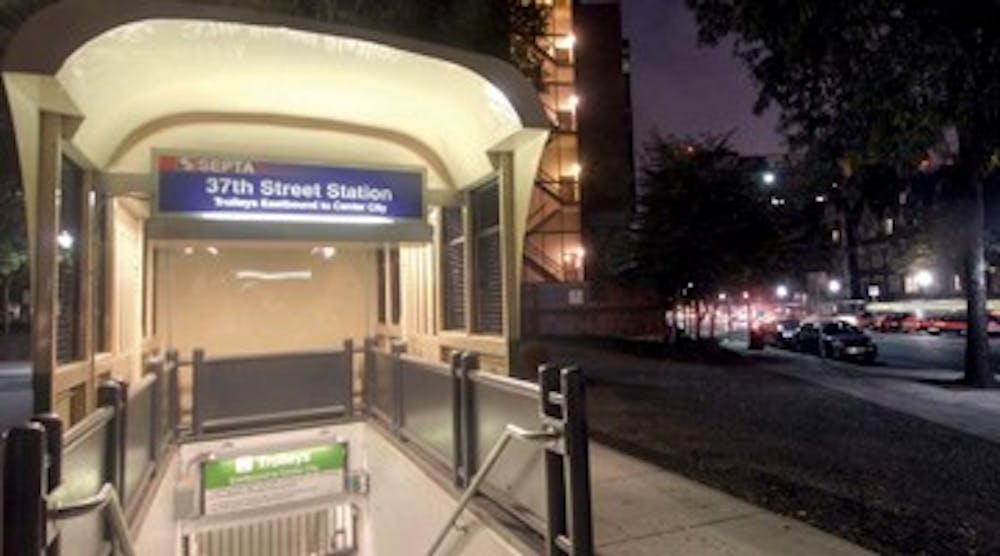
For five years, several gold teeth lay in a Penn vault.
A lock of Napoleon III's hair remains in a University safe-deposit box.
And a mink coat, a pipe organ and a gas station in New York have all passed through the school's possession.
Hidden among the billions of dollars given to the University, some alumni donations seem to come straight from the flea market.
"People will give you anything," said associate treasurer of Investment Services Peg Heer, who decides which gifts Penn accepts.
Instead of writing a check, alumni and others use the donations as a way to support the University and get rid of things their children and grandchildren would simply stuff in the attic.
But most are rejected, and the rest are typically sold. Proceeds usually go to a cause of the donor's choosing, such as a scholarship in their name.
In the past year, Penn has acquired South African gold Krugerrand coins, a humidor (without cigars) and a trolley car, which now sits above the subway station at 37th and Spruce streets.
"What might appear strange on the surface could be very, very relevant," said John Zeller, the vice president for development and alumni relations.
For example, Penn regularly accepts cows, horses and pigs.
The animals are kept on the Veterinary School's New Bolton Center, a hospital and research center for livestock.
Penn once had ownership of a racehorse's semen, though not the horse itself.
Every time the horse was put out to stud, the University received money - "sort of like royalties from book sales," said director of gifts and alumni donations Jules Spaeth, who is responsible for processing all of the University's donations.
Most of the strangest gifts, including the gas station and the pipe organ, were made more than 15 years ago when Penn was much less discerning about what it took in.
Heer said they probably would not accept these items today.
Something like the gas station, which was sold after it was acquired, is costly to repair or maintain. The organ remains in what is now a Philadelphia retirement home, untouched and useless to the University.
Officials now more closely evaluate the cost of maintaining gifts and their benefits to the University's missions.
Sometimes, donations are more trouble than they're worth.
"We're not eBay, so some things are very hard for us to sell," Spaeth said.
Spaeth estimates that the University is given 10 strange donations every year, only half of which are accepted.
People are also much more savvy now, Spaeth said, and they recognize more appropriate avenues for donation.
Currently, the most common non-monetary gifts are real estate, artwork and manuscripts.
But every now and then, the University receives a gem - literally.
The Daily Pennsylvanian is an independent, student-run newspaper. Please consider making a donation to support the coverage that shapes the University. Your generosity ensures a future of strong journalism at Penn.
DonatePlease note All comments are eligible for publication in The Daily Pennsylvanian.








